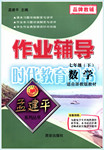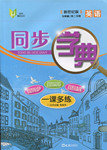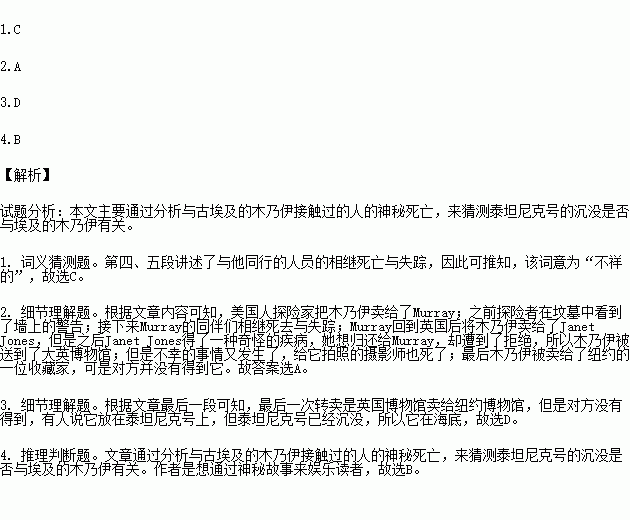题目内容
Is it possible that the sinking of the Titanic was caused by a ghost? A lot of the story below is true… but did it really happen quite like this?
Our story begins not in the icy cold waters of the North Atlantic, but rather thousands of miles away in Egypt. It is here, perhaps, that we can find the start of the mystery of the Titanic, in the year 1910, in the great city of Cairo. One day, a famous professor of Egyptian history called Douglas Murray was staying in Cairo, when he was contacted by an American adventurer.
The American had something unusual to offer Murray, something that was certain to thrill him: a beautiful ancient Egyptian mummy case, containing the mummy of an Egyptian queen. It was over 3000 years old, but in beautiful condition — gold, with bright paintings on it. Murray was delighted with both the object and the asking price. He gave the man a cheque immediately.
The cheque was never cashed. That evening the American adventurer died. For his part, Murray arranged to have the treasure sent back to Britain. However, it was not long before he learnt more about the beautiful mummy case: On the walls of the tomb in which it had been discovered, there were messages which warned of terrible consequences to anyone who broke into the tomb. Murray was disbelieving of these warnings until a few days later, when a gun he was holding exploded in his hand, shattering his arm. The arm had to be cut off.
After the accident, Murray decided to return to his homeland. On the return journey, two of his companions died mysteriously, and two servants who had handled the mummy also passed away. The now-terrified Murray decided he would get rid of the cursed case as soon as he arrived in London. A lady he knew named Janet Jones said she would like it, so he gave it to her. Shortly afterwards, Jones’ mother died, and she herself caught a strange disease. She tried returning the mummy, but naturally Murray refused it. In the end, it was presented to the British Museum.
Even in the museum, the mummy apparently continued to cause strange events. A museum photographer died shortly after taking pictures of the new exhibit; and a manager also died for no apparent reason. In the end, the British Museum decided to get rid of the mummy too. They sold it to a collector in New York.
At the start of April 1912, arrangements for the transfer were complete, and the mummy began the journey to its new home. But the New Yorker never received the mummy or its case. For when the Titanic sank, one of the objects in its strong room was the mummy case. Or so they say.
1.In Paragraph 5, the underlined word “cursed” is closest in meaning to ________.
A. forgottenB. uncommonC. unluckyD. expensive
2.In what order did the following events occur?
a. The case was given to the British Museum.
b. Janet Jones caught a mysterious illness.
c. Murray’s arm was cut off.
d. The mummy case was sold to an American.
e. A man who took a picture of the case died.
f. Warnings were written on the tomb’s walls.
A. f, c, b, a, e, dB. c, f, b, a, e, d
C. d, f, b, c, a, eD. f, a, c, b, e, d
3.According to the passage, where is the Egyptian mummy now?
A. At the British Museum.B. In New York.
C. In Egypt.D. Under the sea.
4.What’s the main purpose of this passage?
A. To introduce an important historical event to readers.
B. To entertain readers with a story of mystery.
C. To warn readers about the dangers of mummies’ curses.
D. To inform readers about the true cause of the Titanic’s sinking.
 作业辅导系列答案
作业辅导系列答案 同步学典一课多练系列答案
同步学典一课多练系列答案

